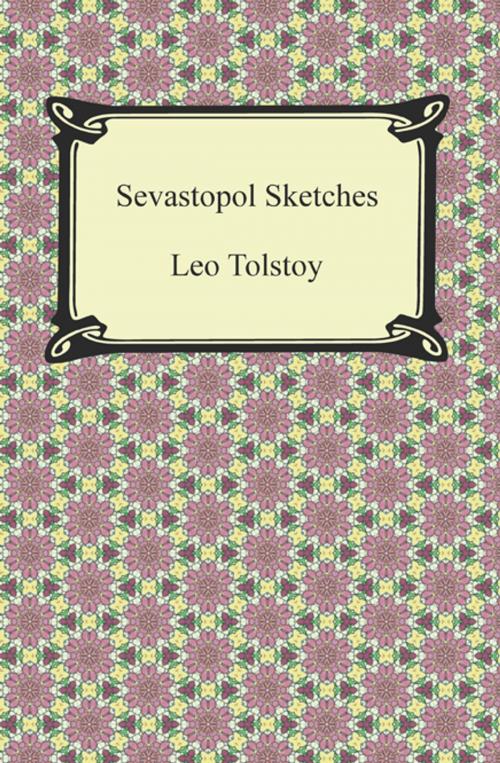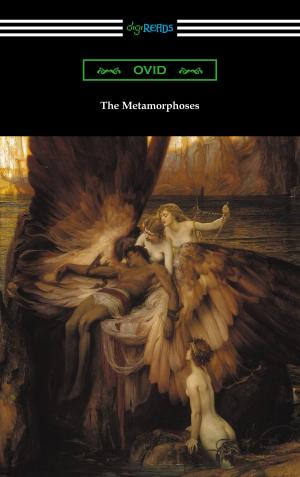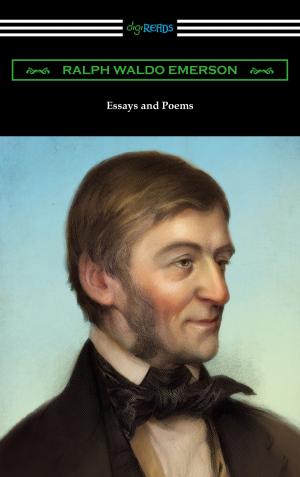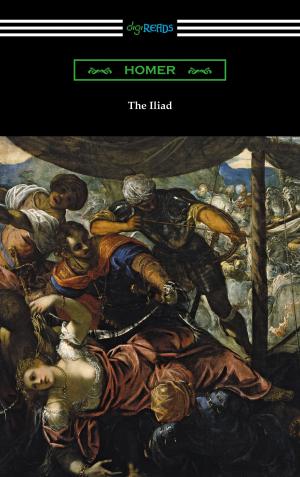| Author: | Leo Tolstoy | ISBN: | 9781420949292 |
| Publisher: | Neeland Media LLC | Publication: | December 15, 2009 |
| Imprint: | Digireads.com Publishing | Language: | English |
| Author: | Leo Tolstoy |
| ISBN: | 9781420949292 |
| Publisher: | Neeland Media LLC |
| Publication: | December 15, 2009 |
| Imprint: | Digireads.com Publishing |
| Language: | English |
"Sevastopol Sketches (Sebastopol Sketches)" is a collection of three works of historical fiction in which Tolstoy draws upon his real life experiences during the Siege of Sevastopol. The titular location draws its name from that of a city in Crimea and takes place during the Crimean war. The three tales in this collection are respectively titled "Sevastopol in December", "Sevastopol in May", and "Sevastopol in August". In the December tale Tolstoy introduces us to Sevastopol by giving the reader a tour and introducing us to the settings, mannerisms, and background that would relevant in the following tales. In the May tale Tolstoy examines the senselessness of war, musings that would lay the foundation for his much larger work and magnum opus "War and Peace." In the third and final tale the fall of the town is detailed. Published in 1855 "Sevastopol" was written near the beginning of the author's literary career. It is a book in which we begin to see the writer exhibit a quality of prose that would one day establish him as the greatest of all writers in the Russian and any other language.
"Sevastopol Sketches (Sebastopol Sketches)" is a collection of three works of historical fiction in which Tolstoy draws upon his real life experiences during the Siege of Sevastopol. The titular location draws its name from that of a city in Crimea and takes place during the Crimean war. The three tales in this collection are respectively titled "Sevastopol in December", "Sevastopol in May", and "Sevastopol in August". In the December tale Tolstoy introduces us to Sevastopol by giving the reader a tour and introducing us to the settings, mannerisms, and background that would relevant in the following tales. In the May tale Tolstoy examines the senselessness of war, musings that would lay the foundation for his much larger work and magnum opus "War and Peace." In the third and final tale the fall of the town is detailed. Published in 1855 "Sevastopol" was written near the beginning of the author's literary career. It is a book in which we begin to see the writer exhibit a quality of prose that would one day establish him as the greatest of all writers in the Russian and any other language.















